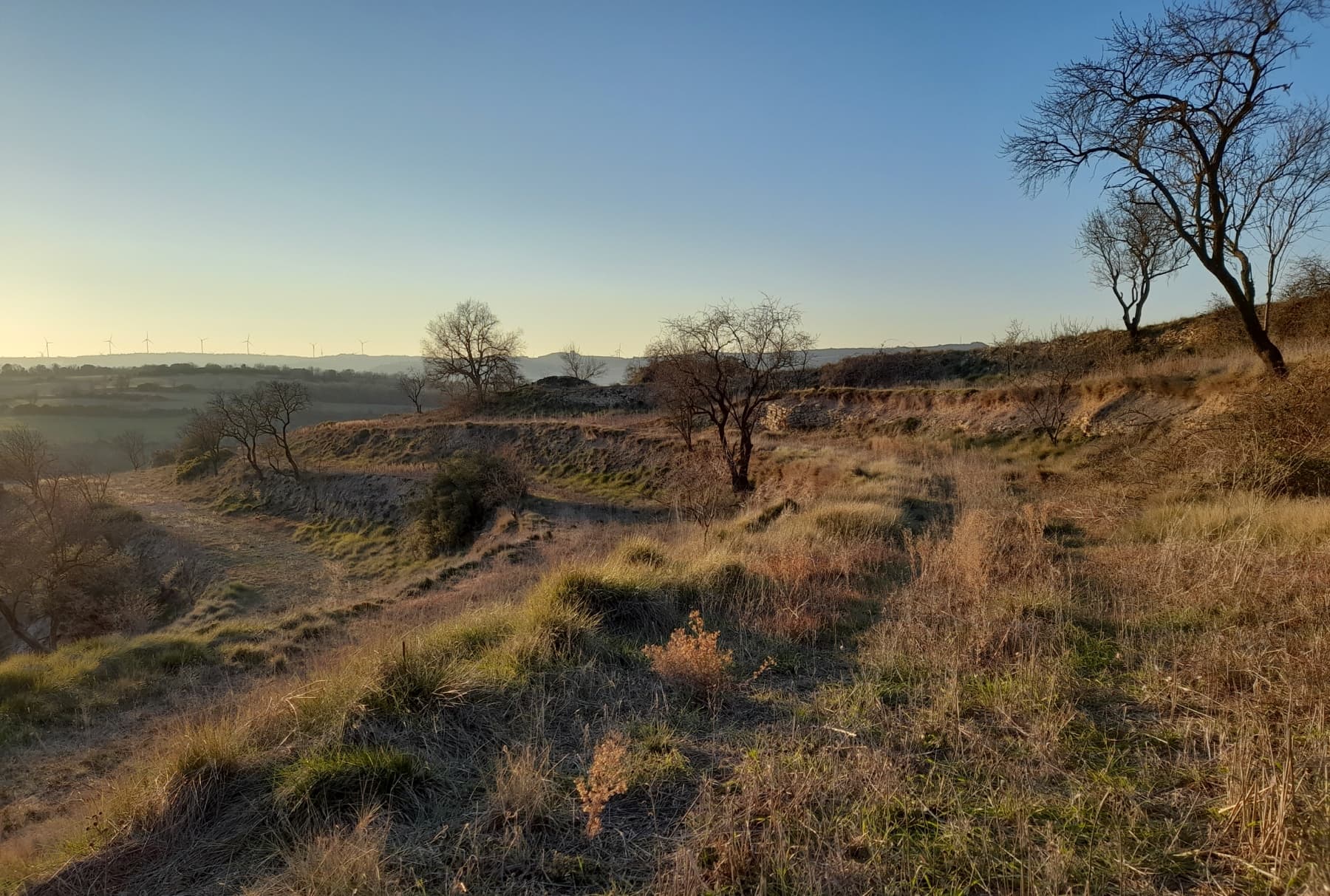TerraSAgE – Terraces as Sustainable Agricultural Environments
Across the world, terraced landscapes are critical in many areas for dry-land agriculture. The TerraSAgE project will create informed policies for future resilience.
Sustainable land-management strategies
TerraSAgE uncovers knowledge of past landscapes and uses it to model change. Thereby it can inform sustainable strategies for the future of land-management.
Terraces provide a unique case for understanding long-term environmental impacts of land-use. And also of evaluating long-term sustainability in agricultural practice and policy.
Intensive farming impact on soil health and drainage
The EU Common Agricultural Policy led to more intensive farming in the Mediterranean. It also led to greater mechanisation and new terracing techniques. This included:
- land-levelling
- the introduction of new crops like vines and almonds
- less stable, bulldozed 'bench' terraces
This shift from pre-20th century 'traditional' terracing had major environmental consequences. It caused widespread erosion and impacted soil health and drainage.
Underpinning future sustainable land use
Historic periods of transformation in farming have changed the land. A better understanding of how is essential. It will provide better information to underpin future sustainable land use and create informed policies for future resilience, particularly in the face of increasing demand for food and climatic instability. Such needs are not limited to Europe; we can identify them all around the world.
UN Sustainable Development Goals
TerraSAgE's European research will have relevance for global terrace conservation and management. The project will contribute to progress towards the UN Sustainable Development Goals. Goal 2 (Zero Hunger) and Goal 15 (Life on Land) concern sustainable use of terrestrial ecosystems.
Environmental concerns and cultural heritage
TerraSAgE will examine the relationship between environmental concerns and cultural heritage issues. Thus the project will contribute to the implementation of the European Landscape Convention. Its revolutionary definition of landscape emphasises the indivisibility of natural and cultural aspects. This has been signed and ratified by all the countries where the project will take place.
TerraSAgE is funded by the UK Arts and Humanities Research Council (AHRC).
